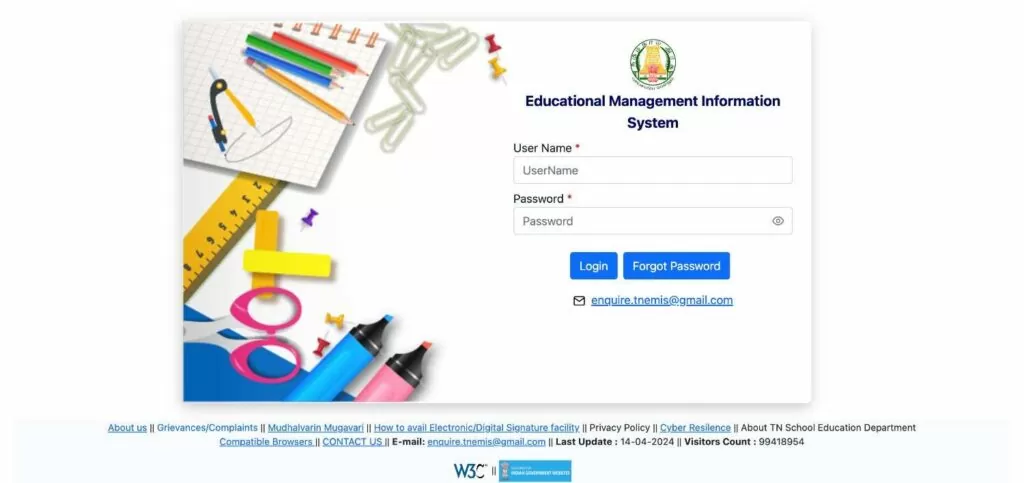Introduction to Student Engagement
Student engagement refers to the extent to which students are actively involved, motivated, and invested in their learning experiences. It encompasses a range of behaviors, attitudes, and cognitive processes that contribute to meaningful learning, including participation, curiosity, enthusiasm, and persistence. Engaged students are more likely to demonstrate higher levels of academic achievement, motivation, and satisfaction with their learning, leading to improved outcomes and success in school and beyond. By fostering student engagement, educators can create dynamic and enriching learning environments that promote curiosity, critical thinking, and lifelong learning skills.
Understanding the Importance of Student Engagement
Academic Achievement
Student engagement is strongly correlated with academic achievement and learning outcomes. Engaged students are more likely to demonstrate higher levels of understanding, retention, and application of knowledge, as well as greater success on assessments and academic tasks. By actively participating in learning activities, asking questions, and seeking out challenges, engaged students deepen their understanding and mastery of content, leading to improved academic performance and success.
Motivation and Persistence
Student engagement is closely linked to motivation and persistence in learning. Engaged students are intrinsically motivated to learn and demonstrate a willingness to invest time and effort in their academic pursuits. They exhibit a sense of purpose, autonomy, and mastery over their learning, leading to greater resilience, perseverance, and achievement in the face of challenges and setbacks.
Social-Emotional Well-being
Student engagement contributes to social-emotional well-being by fostering a sense of belonging, connection, and fulfillment in the learning environment. Engaged students feel valued, supported, and respected by their peers and teachers, leading to positive relationships, increased self-esteem, and greater overall satisfaction with school and learning. By creating a supportive and inclusive classroom culture that promotes active participation and collaboration, educators can enhance students’ social-emotional development and well-being.
Key Strategies for Enhancing Student Engagement
Active Learning
Active learning involves engaging students in hands-on, interactive learning experiences that require them to actively participate, apply, and reflect on their learning. Educators use a variety of active learning strategies such as group discussions, problem-solving activities, simulations, and project-based learning to promote student engagement and deepen understanding. By encouraging active participation and collaboration, active learning fosters critical thinking, creativity, and deeper learning outcomes.
Personalization and Differentiation
Personalization and differentiation involve tailoring instruction to meet the diverse needs, interests, and abilities of students. Educators use differentiated instructional strategies, materials, and assessments to accommodate different learning styles, preferences, and readiness levels, ensuring that all students have opportunities to engage meaningfully in learning. By providing choice, autonomy, and relevance in learning activities, educators can empower students to take ownership of their learning and pursue their interests and passions.
Technology Integration
Technology integration involves leveraging digital tools, resources, and platforms to enhance student engagement and learning outcomes. Educators use technology to create interactive and multimedia-rich learning experiences, such as online simulations, virtual field trips, and collaborative projects, that capture students’ interest and imagination. By incorporating technology effectively into instruction, educators can increase access to learning resources, promote active participation, and provide personalized feedback that enhances student engagement and achievement.
Conclusion
In conclusion, student engagement is a critical factor in promoting academic achievement, motivation, and well-being in learners. By implementing key strategies such as active learning, personalization, differentiation, and technology integration, educators can create dynamic and inclusive learning environments that foster curiosity, critical thinking, and lifelong learning skills in students. By cultivating a culture of engagement and empowerment, educators can inspire students to become active participants in their own learning journey, leading to improved outcomes and success in school and beyond.





